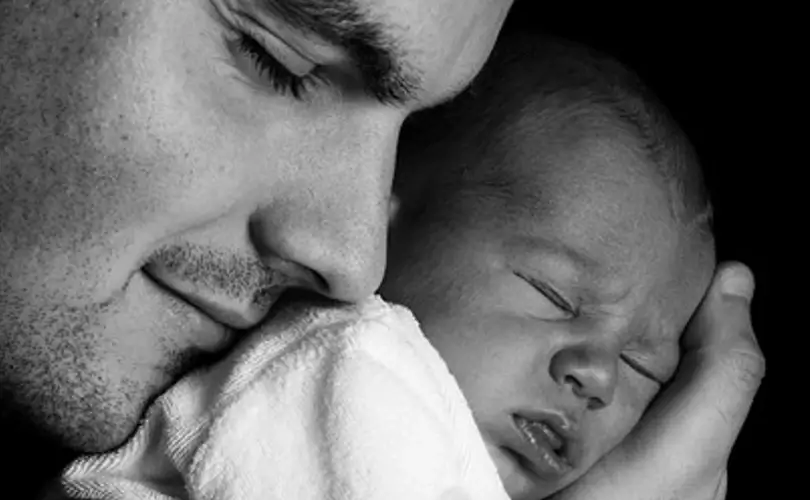New parents typically have trouble forming strong bonds with their children. This is understandable, as becoming a parent overnight is a huge life transition that will lead you to experience a wide range of emotions all at once. However, you may do several things to increase your chances of developing a close relationship with your child. One option is to join a support group for new parents. You can find one of these groups in various places, such as a hospital, church, or birthing center.
Feeling Sad After Having a Baby
Mothers may experience significant difficulties due to postpartum depression. However, various treatments are available to help you manage the symptoms. A viable option is to get aid as soon as possible. As part of a routine well-child checkup, the American Academy of Pediatrics suggests screening for postpartum depression in pregnant women.
Therapy, either individual or group, may be helpful. A mother can benefit from seeing a counselor since they can teach her to calm down and take control of her thoughts. A mother suffering from postpartum depression can benefit from the love and understanding of her loved ones. Modifications to one’s way of life, such as better eating and sleeping, can also be helpful. Lastly, partners must look out for one other during this testing period.
Leave for Parents
New parents are entitled to a unique sort of leave known as parental leave. It’s an excellent way for parents to connect with their kids. This time off is available whenever a parent needs it within the first year following giving birth. It is often administered all at once over 12 weeks. However, split administration is possible.
According to some research, mother-child bonding may be significantly affected by the duration of parental leave. Parent-child interaction quality served as a mediator of this small but statistically significant effect. The length of parental leave is just one aspect that influences a family’s ability to bond with its new child.
Newborns benefit from skin-to-skin contact with their mothers because it facilitates their adaptation to their new surroundings. It aids in temperature regulation and encourages an earlier latch when breastfeeding. It helps mothers nurse more effectively and reduces their anxiety. The risk of postpartum depression is also decreased.
After the birth of a child, skin-to-skin contact between parents is typically encouraged by medical professionals. Helpful, too, in informing parents of the advantages of skin-to-skin contact. It can be a shocking sensation for new parents to hold their infant while they are coated in their bodily fluids. Parents’ attitudes toward skin-to-skin contact can be shaped through education.
Vocal Inflection
In communicating with their children, parents use a tone of voice. Your child will feel safer and more confident if you talk to them calmly and nonjudgmentally. On the other hand, raising your voice is likely to result in your child showing you greater defiance and disdain.
Voice tone has been proven to influence adolescents’ activities, relationship responses, and emotional states. For example, one study found that motivational words that emphasized the speaker’s agency elicited more positive responses from adolescents than instructions offered in a neutral tone. The consequences of these results for parent-child relationships and adolescent health are substantial.
Management of Children Through Tasks
It is unrestricted to task-oriented parenting and generally organized around six basic themes. Those who take this task with their kids will likely form more substantial, genuine connections with their offspring. In addition, it helps parents feel secure in their parenting abilities and create a close bond with their children.
Physical care, security, and decoding messages from newborns are just a few of new parents’ time-consuming responsibilities. In addition, a child’s language skills evolve, necessitating corresponding behavioral changes on the part of the parent. As a result, parenting treatments have been the primary focus of research on parenting responsibilities, although there are still knowledge gaps.

Dominic E. is a passionate filmmaker navigating the exciting intersection of art and science. By day, he delves into the complexities of the human body as a full-time medical writer, meticulously translating intricate medical concepts into accessible and engaging narratives. By night, he explores the boundless realm of cinematic storytelling, crafting narratives that evoke emotion and challenge perspectives. Film Student and Full-time Medical Writer for ContentVendor.com




